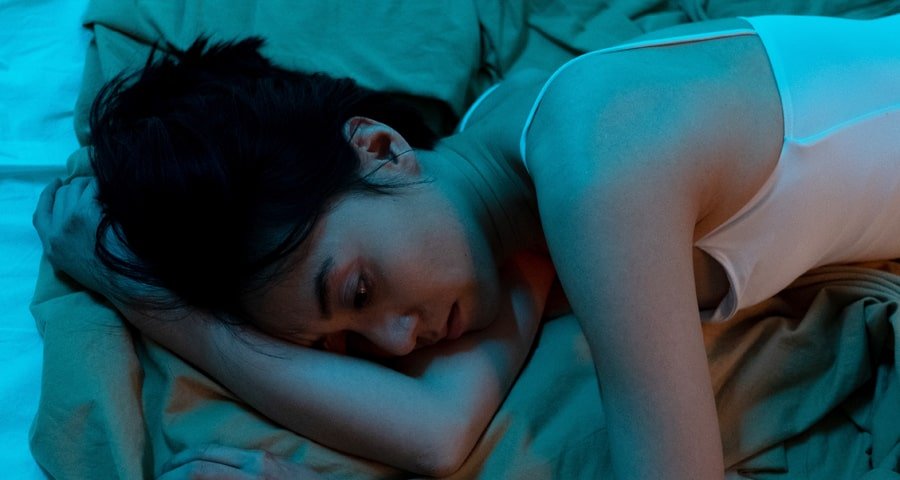Insomnia Disorder Types and Treatments

Insomnia is stealing your life; reclaim it with these essential insights.
Insomnia is more than just a sleepless night; it’s a condition that affects millions worldwide. Whether it’s racing thoughts that keep you awake or the inability to fall back asleep, insomnia disrupts daily life and overall well-being. Understanding the different types of insomnia is crucial for finding the right treatment. From acute insomnia, which lasts only a few nights, to chronic insomnia, which lingers for months, each type has unique challenges and solutions.
The good news is that effective treatments for insomnia are available. From lifestyle changes and cognitive behavioral therapy to medications, various approaches can help you reclaim restful nights. Finding the right strategy can lead to improved sleep quality and a brighter, more energetic day.
Join us to find out types of insomnia and explore the most effective treatments to help you finally get the sleep you deserve!
Types of Insomnia Disorders
Hypersomnolence Disorder
Hypersomnolence disorder involves excessive sleepiness despite long sleep durations, often up to 9 hours a night, without feeling refreshed. Patients may feel a strong desire to sleep during the day, take frequent naps, or even fall asleep while watching television. This condition is not due to a lack of sleep at night, physical or mental illness, or medication use. It affects about 1.5% of the population and can lead to personal stress and problems with daily activities.
Narcolepsy
Narcolepsy causes an uncontrollable desire to sleep, with sleep attacks or naps occurring at least three times a week. These sudden sleep episodes can happen at any moment, such as while talking. Narcolepsy is linked to a quick transition from wakefulness to REM sleep, often accompanied by cataplexy—a sudden loss of muscle tone triggered by emotions like laughter or anger. This condition affects the sleep-wake cycle and can be managed with medication and lifestyle changes.
Breathing-Related Sleep Disorders
Breathing-related sleep disorders, such as obstructive sleep apnea, cause frequent sleep disturbances due to respiratory problems. This condition is marked by snoring, gasping, or pauses in breathing and affects around 28.5 million Americans. It is more common in middle-aged men and obese individuals. Continuous positive airway pressure (CPAP) therapy is a common treatment, though some may require surgery to remove airway obstructions.
Parasomnias
Parasomnias are abnormal behaviors during sleep, including sleep terrors and sleepwalking. Sleep terrors, often seen in children, involve sudden awakenings with loud screams and intense fear. Sleepwalking involves walking or performing complex actions while asleep, with no memory of the event. These conditions can cause significant distress but often diminish with age.
Rapid Eye Movement Sleep Behavior Disorder (RBD)
RBD involves acting out dreams during REM sleep due to a lack of muscle paralysis. This condition can lead to injuries and is often associated with neurological disorders like Parkinson’s disease. Medications can help manage RBD symptoms.
Nightmare Disorder
Nightmare disorder is characterized by frequent, vivid, and distressing dreams that cause significant distress and impact daily life. These nightmares often occur during REM sleep and can be triggered by stress or trauma. Psychological treatments and medications can help manage this condition.
Treatment of Sleep Disorders
Medical Treatments
Doctors may prescribe medications such as benzodiazepines for insomnia, though these are typically for short-term use due to risks of dependence and side effects. Narcolepsy and hypersomnolence may be treated with stimulants, while cataplexy is managed with antidepressants. Obstructive sleep apnea is often treated with CPAP therapy or, in severe cases, surgery.
Environmental Treatments
Adjusting sleep schedules and using bright light therapy can help reset the biological clock for those with circadian rhythm disorders. Consistent sleep patterns and a conducive sleep environment are essential for improving sleep quality.
Psychological Treatments
Psychological treatments, such as cognitive behavioral therapy for insomnia (CBT-I), have proven effective. Techniques include stimulus control, sleep restriction, and relaxation methods. Online-based therapies are also being developed to make these treatments more accessible.
Conclusion
Insomnia is a complex condition with various types and treatments. Understanding the specific type of insomnia and finding the right treatment approach can lead to better sleep and improved quality of life. Whether through lifestyle changes, medical treatments, or psychological therapies, there are effective ways to overcome insomnia and achieve restful nights.